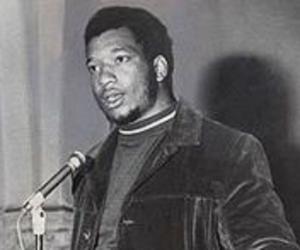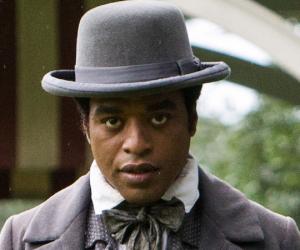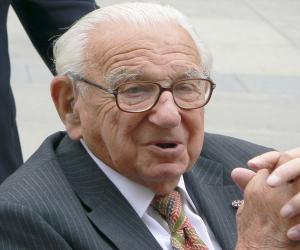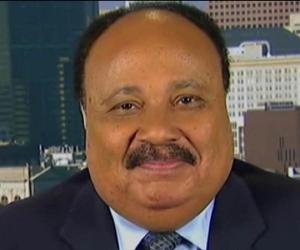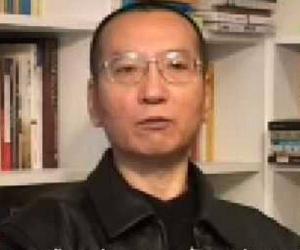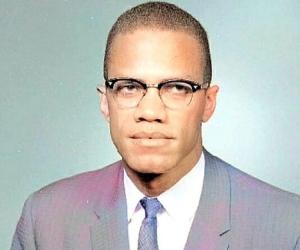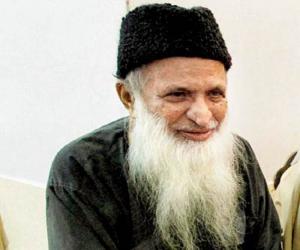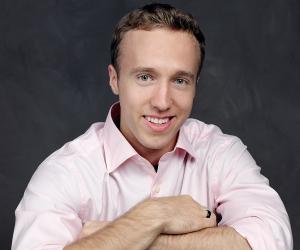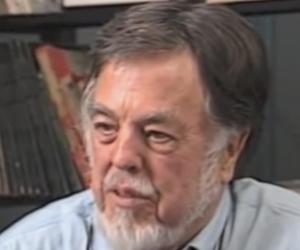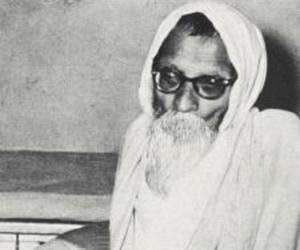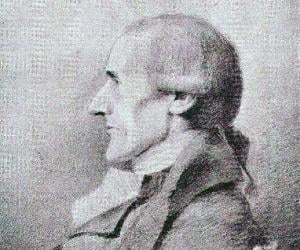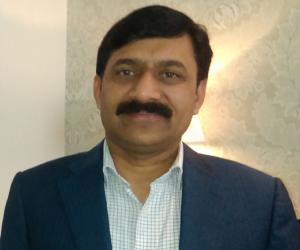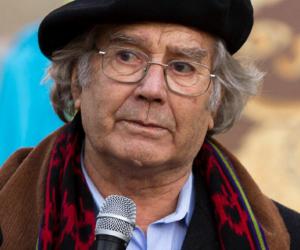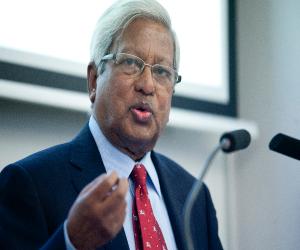Fred Hampton was considered an activist and a revolutionary socialist working for social change. He was the deputy chairman of the national Black Panther Party. He founded the Rainbow Coalition, aiming to help the Chicago street gangs to end infighting. The FBI considered him as a major threat and he was shot and killed in December 1969 during a raid.
Nicholas Winton was a British humanitarian and banker best remembered for founding an organization to save children at risk from Czechoslovakia. He is credited with overseeing the rescue of 669 children from Czechoslovakia just before the commencement of the Second World War. This rescue mission came to be known as the Czech Kindertransport.
Liu Xiaobo was a Chinese activist, literary critic, and philosopher. He is best remembered for organizing campaigns that aimed at ending the one-party rule in China. He was honored with the 2010 Nobel Peace Prize for his struggle for human rights in China. Liu is the first Chinese citizen to be honored with a Nobel Prize while residing in China.
An African-American leader of the civil rights movement, Malcolm X was a vocal spokesman of the Nation of Islam and called upon the blacks to protect themselves from the white, even if it meant adopting violence. His radical views and preaching later evolved and he accepted the possibility of peaceful resolution of racial issues in America.
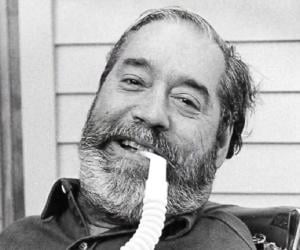
Ed Roberts was an American activist best remembered for his contribution to the disability rights movement. Roberts, who became the first student to attend the University of California, Berkeley in a wheelchair, played an important role in inspiring and motivating people with physical disabilities. In 2011, Ed Roberts was inducted into the California Hall of Fame.
Abdul Sattar Edhi was a Pakistani ascetic, philanthropist, and humanitarian. He is credited with founding the Edhi Foundation, which operates a volunteer ambulance network as well as several animal shelters, orphanages, homeless shelters, and rehabilitation centres across Pakistan. He was often nominated for the Nobel Peace Prize during his lifetime.
At age 12, Craig Kielburger and his brother read about a child laborer of his age who was murdered in Pakistan for protesting against child labor in his country, and the duo immediately stepped into action. Their organization Free the Children led to the formation of the WE Movement.
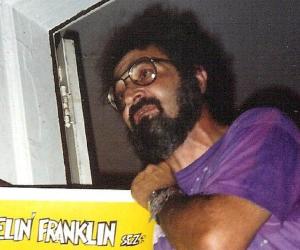
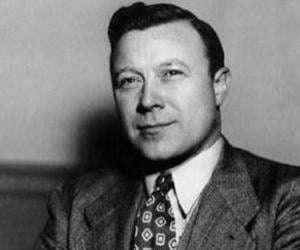
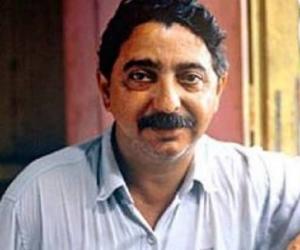
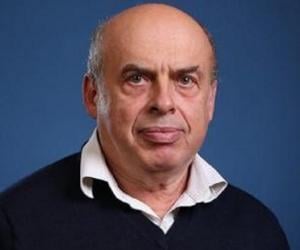
A well-known human rights activist, Natan Sharansky not just campaigned for the rights of the Jews and spent 9 years in a prison in Siberia, but was also a chess prodigy, who was a champion at age 14. He has also penned books and won multiple awards.
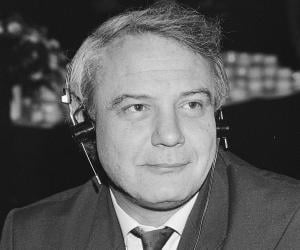
Vladimir Bukovsky was a Russian-born British writer and human rights activist. An important member of the Soviet dissident movement, Bukovsky spent 12 years in prisons, psychiatric prison-hospitals, and labor camps of the Soviet Union. A neurophysiologist, Bukovsky is celebrated for his efforts to expose Soviet Union's political abuse of psychiatry. In 2001, he was awarded the Truman-Reagan Medal of Freedom.
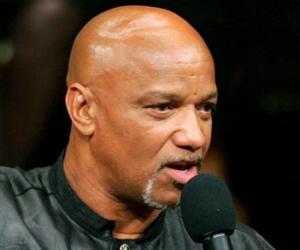

Vinoba Bhave was an Indian social reformer and advocate of human rights and nonviolence. A close associate of Mahatma Gandhi, Bhave played an important role in the Indian freedom movement. In 1958, he became the first person to receive the Ramon Magsaysay Award for Community Leadership. In 1983, Vinoba Bhave was posthumously honored with the prestigious Bharat Ratna award.
Granville Sharp was an activist who became one of the first English campaigners to support abolitionism in the UK. Sharp devised a plan to settle people in slavery and black people in Sierra Leone. He also established the St George's Bay Company and is thus considered a founding father of Sierra Leone. Sharp also worked towards correcting other social injustices.

Author and bioethicist Jacob M. Appel gained fame with his award-winning first novel The Man Who Wouldn't Stand Up. Also known for his essays and short stories, he has seven masters degrees, in subjects ranging from American history to public health. He is also a practicing psychiatrist at the Mount Sinai Health System.
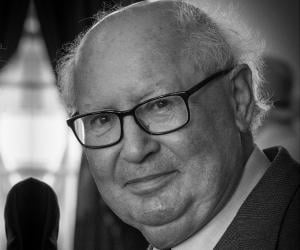
Serge Klarsfeld is a Romanian-born French Nazi hunter and activist. He is best known for recording the Holocaust in order to enable the trial and prosecution of war criminals. Klarsfeld is also renowned for his efforts to commemorate the victims of German-occupied France.
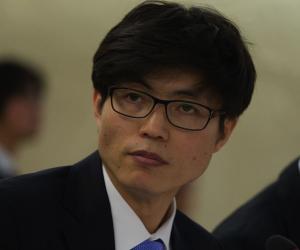
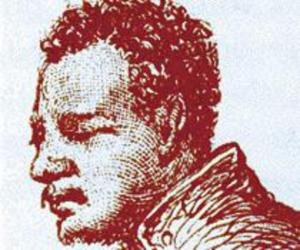
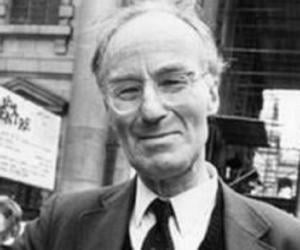
Peter Benenson was a British human rights activist and lawyer. He is credited with establishing the popular human rights group and an international non-governmental organization Amnesty International (AI). In 2001, Peter Benenson agreed to receive the prestigious Pride of Britain Award after refusing to accept all honors throughout his career.
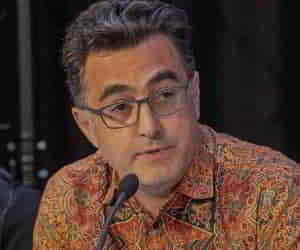
Iranian-Canadian journalist Maziar Bahari is also a human rights activist and an Emmy-winning filmmaker. He has won honors such as the Oxfam Novib/PEN Award. His book Then They Came for Me was a bestseller, while he has made films such as And Along Came a Spider, mirroring Iran’s society.
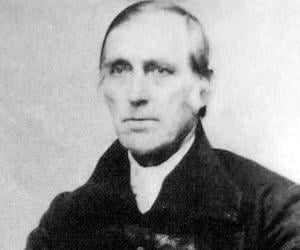
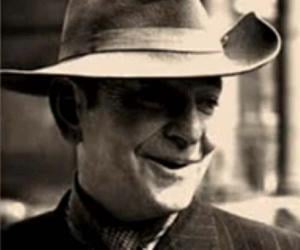
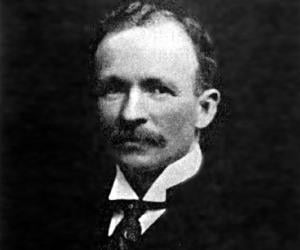
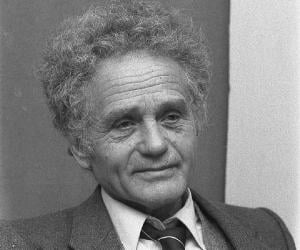
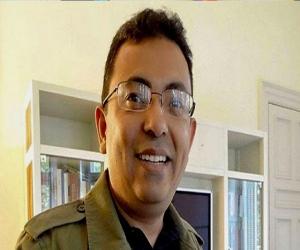
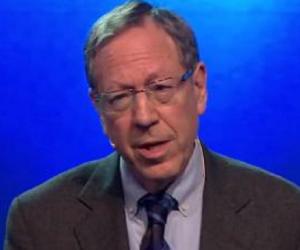
Apart from teaching law at McGill University, Irwin Cotler has also been a Canadian MP for Mount Royal, the Minister of Justice, and the Attorney General of Canada. He has gained fame as a global human rights lawyer, too, serving as a counsel to prominent political prisoners such as Nelson Mandela.
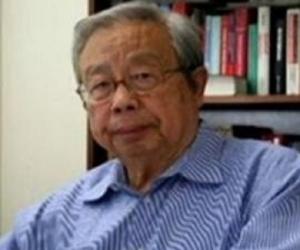
Chinese astrophysicist and activist Fang Lizhi inspired the 1989 Tiananmen Square protests. The dissident was expelled from the Chinese Communist Party for his activities, but that didn’t stop his research, which took him to institutes in the US and Great Britain. He also taught at the University of Arizona.
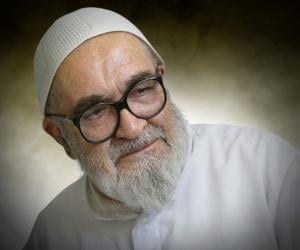
Hussein-Ali Montazeri was an Iranian Shia Islamic democracy advocate, theologian, human rights activist, and writer. An influential leader of the Iranian Revolution, Montazeri was expected to succeed the revolution's Supreme Leader Sayyid Ruhollah Musavi Khomeini before having a fall out with the latter which cost him the position of the supreme leader. Hussein-Ali Montazeri is still revered in Iran.

Ruhollah Zam was an Iranian journalist and activist remembered for founding and operating Amadnews, a popular Telegram channel. During the 2017–2018 Iranian protests, he played an important role by running an anti-government forum which the officials claimed incited the protests. Charged with "corruption on earth," Ruhollah Zam was sentenced to death and executed in 2020 at the age of 42.
Adolfo Pérez Esquivel is an Argentine activist, community organizer, writer, painter, and sculptor. He actively opposed Argentina's last civil-military dictatorship in the late 1970s and early 1980s, during which he was subjected to much torture. He was awarded the 1980 Nobel Peace Prize for his bravery. He is also a recipient of the Pope John XXIII Peace Memorial.
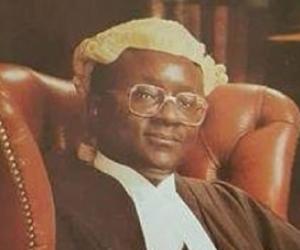
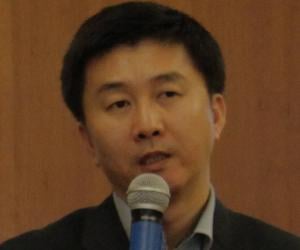
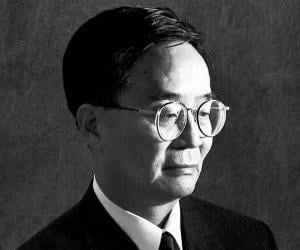
Chinese-born American human rights activist Harry Wu spent almost 2 decades in Chinese labor camps. His criticism of the Soviet invasion of Hungary led him to be imprisoned. He later conducted research at the Hoover Institution, established the Laogai Research Foundation, and also penned a couple of books.
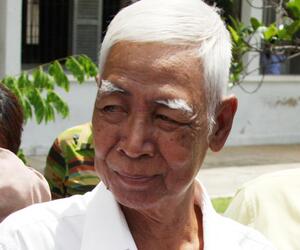
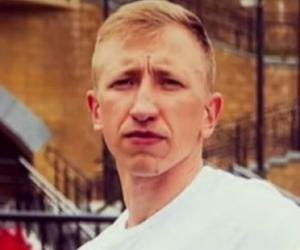
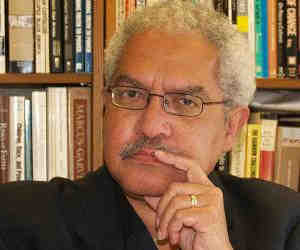
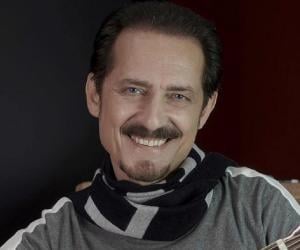
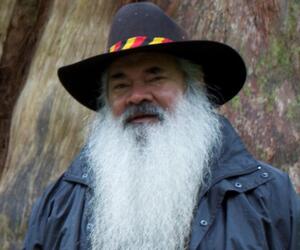
Patrick Dodson is an Australian politician who has been serving as the Senator for Western Australia since 2016. A Yawuru man, Dodson is best known for his association with the Council for Aboriginal Reconciliation, where he has served as chairman. In 2008, he was honored with the prestigious Sydney Peace Prize. In 2009, he was awarded the John Curtin Medal.
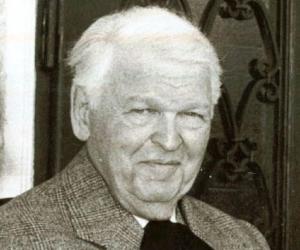
Mihail Sadoveanu was a Romanian political figure, journalist, short story writer, and novelist. One of the most prolific writers of Romania, Sadoveanu is best remembered for his adventure and historical novels. In 1961, Mihail Sadoveanu was honored with the prestigious Lenin Peace Prize.

Fazle Hasan Abed was a Bangladeshi social worker credited with founding one of the largest non-governmental organizations in the world, BRAC. For his significant contributions to social development, Abed was honored with many national and international awards, including the Laudato Si' Award and LEGO Prize. In 2014 and 2017, he was included in Fortune magazine's World's 50 Greatest Leaders list.
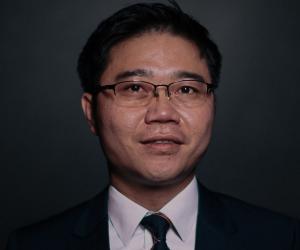
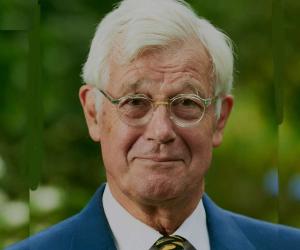
Apart from being a successful barrister, Melbourne-based Julian Burnside, now a Living National Treasure, is also a famed human rights activist. A lover of the arts, he is a passionate collector of paintings and sculptures and has also chaired Chamber Music Australia. An author too, he has penned a children’s book.
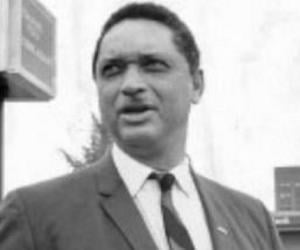
Born into a poor neighborhood, Leon Sullivan later bagged an athletic scholarship but had to abandon his sports career due to an injury. He later became a Zion Baptist Church pastor and was actively involved in the civil rights movement and Operation Breadbasket, the latter meant to uplift Blacks economically.
